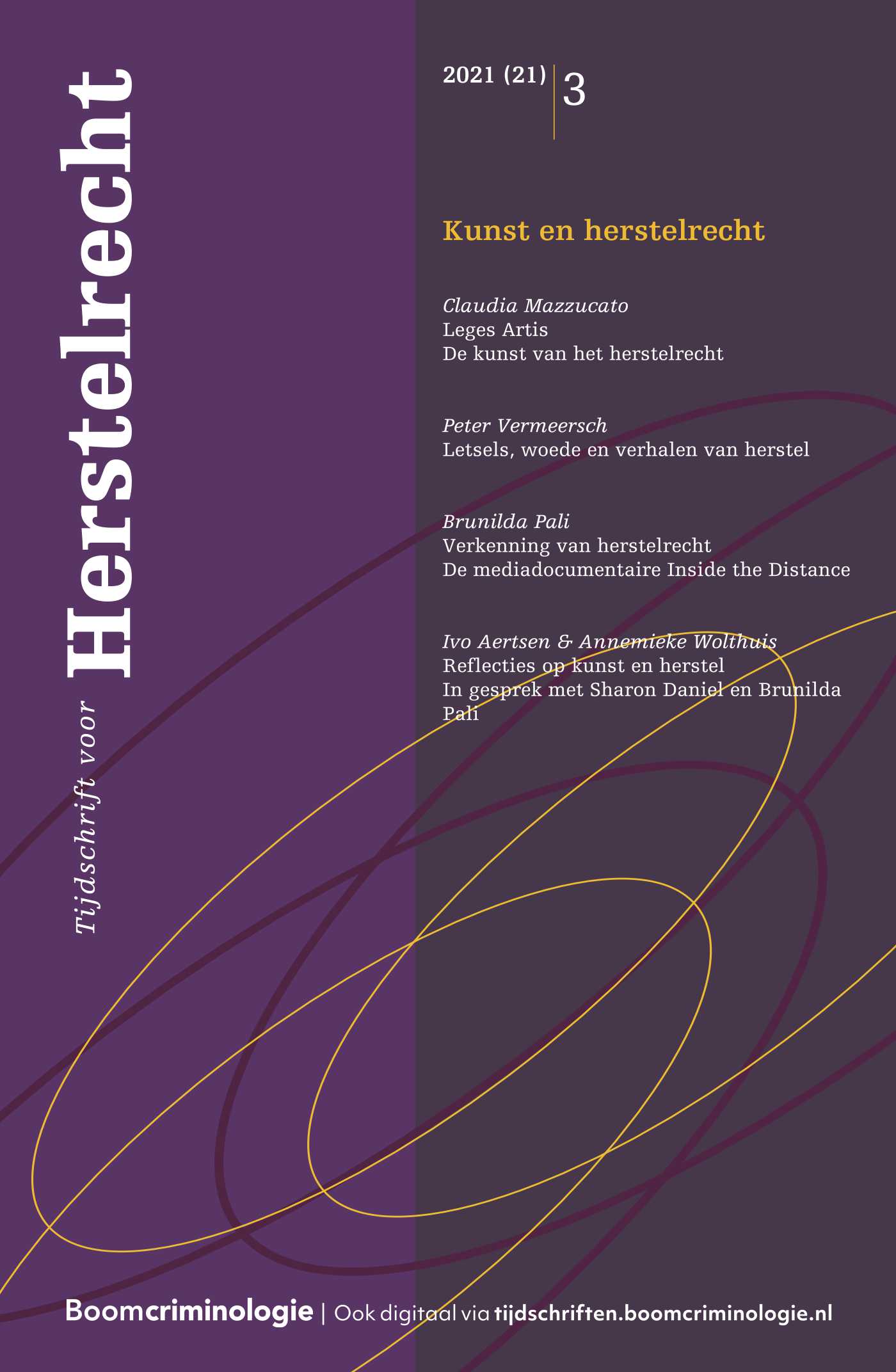|
Since 2005, Dutch victims of serious crime have the right to make an oral statement in court (‘spreekrecht’). In the past decade, the Dutch criminal justice system has accommodated this right to make an oral statement with regard to the consequences of the crime; no major problems have occurred. Indeed, only a minority of the victims consumes this right (ca. 230 cases annually), the majority prefers to lodge a written statement. Nevertheless, the Dutch legislature is of the opinion that the right to make an oral statement should be extended and has lodged a draft-proposal recently. The aim is to provide crime victims a right to put forward an advice to the judge at the trial session, such an advice relating to the full scheme of judicial decision-making (truth, legal qualification, punishment). Such a provision resembles a Victim Statement of Opinion, used in the American scheme of justice, and even exceeds this. The draft has been met with criticism, only the Dutch Victim Support is in favor. One of the objections heard is the one dimensional focus underlying the draft: by focusing on a specific group of victims – those who have suffered from serious crimes – the legislature neglects the heterogeneous nature of victims’ needs. |


Tijdschrift voor Herstelrecht
Meer op het gebied van Mediation en herstelrecht
Over dit tijdschriftMeld u zich hier aan voor de attendering op dit tijdschrift zodat u direct een mail ontvangt als er een nieuw digitaal nummer is verschenen en u de artikelen online kunt lezen.
| Column |
Herstelbemiddeling aan de voordeur |
| Auteurs | Bente Thé |
| Auteursinformatie |
| Redactioneel |
Tussen adviesrecht voor slachtoffers en herstelgerichte praktijken in het islamitische strafrecht |
| Auteurs | Jacques Claessen en Bas van Stokkom |
| Auteursinformatie |
| Artikel |
Alles naar wens? Observaties naar aanleiding van het conceptwetsvoorstel ter aanvulling van het spreekrecht voor slachtoffers en nabestaanden in het strafproces |
| Trefwoorden | victims, survivor, speak |
| Auteurs | Renée Kool |
| SamenvattingAuteursinformatie |
| Artikel |
Herstelgerichte praktijken, berouw en vergeving in het islamitische strafrecht |
| Trefwoorden | Islamic criminal law, forgiveness, Remorse |
| Auteurs | Jacques Claessen |
| SamenvattingAuteursinformatie |
|
Since Islam stands for a total way of life, it also includes a vision on crime and punishment. According to several (Muslim)scholars the Sharia contains not so much a message of revenge and retribution but rather one of compassion, forgiveness and mercy. Much depends on which sections of the holy sources of Islam are read and subsequently how these sections are interpreted. However, fact is that – in the context of quite a number of criminal offences – Islamic criminal law gives room for restorative practices. These practices prove to be more beneficial with regard to the realization of remorse, forgiveness and reconciliation than the regular criminal process. Since restorative practices form an intrinsic part of (pre-modern) Islamic criminal law and since more and more initiatives are being developed nowadays to incorporate such practices in (modern) Western criminal law, it is of fundamental importance to take note of Islamic criminal law. Before focusing in this contribution on the role of restorative practices, remorse and forgiveness in Islamic criminal law, first the position of victims in criminal law under influence of Islam and Christianity will be discussed on the basis of the ideas of the Dutch victimologist Jan van Dijk. Furthermore, attention will be paid to the decline of mysticism in Islam and to the possible consequences and risks thereof – also for the role of restorative practices, remorse and forgiveness in Islamic criminal law. |
| Artikel |
Herstelbemiddeling als sociaal werk-praktijkBemiddelaars in Vlaanderen aan het woord |
| Trefwoorden | Social work practices |
| Auteurs | Lieve Bradt en Maria Bouverne-De Bie |
| SamenvattingAuteursinformatie |
|
Restorative justice as well as restorative justice practices have mainly been researched from judicial and criminologist perspectives, whereas social work has been remarkably silent in the restorative justice debate. As a consequence, the role of social work in the restorative justice field remains largely unexplored. In this article we report the findings of two focus groups conducted with mediators working in juvenile and adult mediation practices in Flanders to gain more insight into how mediators perceive their role and to analyse to what extent they refer to the individual and structural dimension of victim-offender mediation. |
| Praktijk |
Herstelrecht bij (seksueel) misbruikJeugdzorginstellingen, pleeggezinnen en de rooms-katholieke kerk |
| Auteurs | Saskia Kinket en Roebijn Schijf |
| Auteursinformatie |
| Casus |
Bewogen dagen in BelfastImpressies van het achtste congres van het European Forum for Restorative Justice |
| Auteurs | Annemieke Wolthuis |
| Auteursinformatie |
